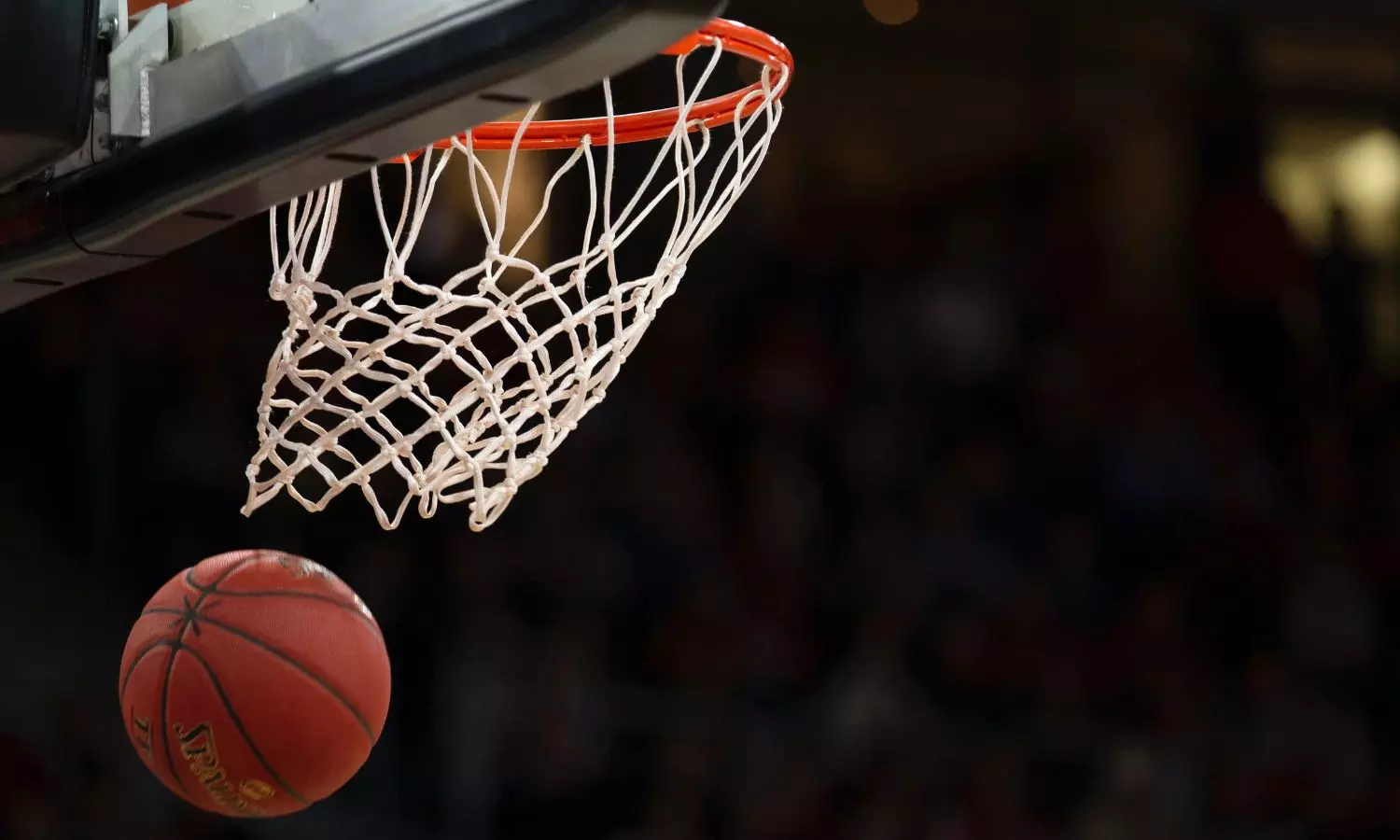Law in Sports
‘Birth certificate within two years of DOB’ not mandatory: Delhi High Court grants relief to players
While the present case grants relief only to the eight petitioners, the court order can be used as a precedent by many other athletes across the country, facing a similar handicap.

On 26th April 2023, the Delhi High Court granted relief to eight basketball players, allowing them to participate in upcoming tournaments, despite them not having produced birth certificates within two years of their date of birth (DOB).
What’s the matter?
The Basketball Federation of India (BFI) rule stipulates that to participate in the National Championships, original birth certificates issued by the Municipal Corporation/Registrar of Birth & Death obtained in the year of their birth or within 2 years of their birth, need to be produced.
Eight petitioners – basketball players from a local academy in Noida, Uttar Pradesh – challenged this rule, claiming that it is arbitrary and discriminatory, and denies them equal opportunity to compete in basketball selections and trials. They alleged that this, in turn, excludes them from the chance to play at the district, zonal, state and national levels.
Court Unquote
Noting that the petitioners hail from economically weaker sections, Justice Pratibha Singh said: “It is possible that a large number of players would not have got issued certificates immediately upon their birth or within two years thereafter. Such a stipulation could exclude a large number of talented players from participation in trials. This ought not to be the intention of the Rule.”
Justice Singh acknowledged the need to combat the menace of age fraud, but at the same time observed that “there cannot be a presumption that all players are in fact giving fraudulent dates of birth.”
The court directed that the eight petitioners be allowed to participate in upcoming events, provided they produce original birth certificates “even though the same may not have been issued in the year of the birth or within two years thereafter.”
Larger Implications
This case has brought to the fore the difficulties faced by talented athletes from economically weaker sections, who are often unable to secure birth certificates immediately after birth – for various reasons.
As the Judge tellingly points out, “there maybe thousands of players who may get disqualified due to this Rule, which may in effect result in excluding some of the best talent to represent the country”.
The court has called for “an alternative mechanism” to be made available for those players who are unable to produce their birth certificates within the stipulated timeframe.
While the present case grants relief only to the eight petitioners, the court order can be used as a precedent by many other athletes across the country, facing a similar handicap.
